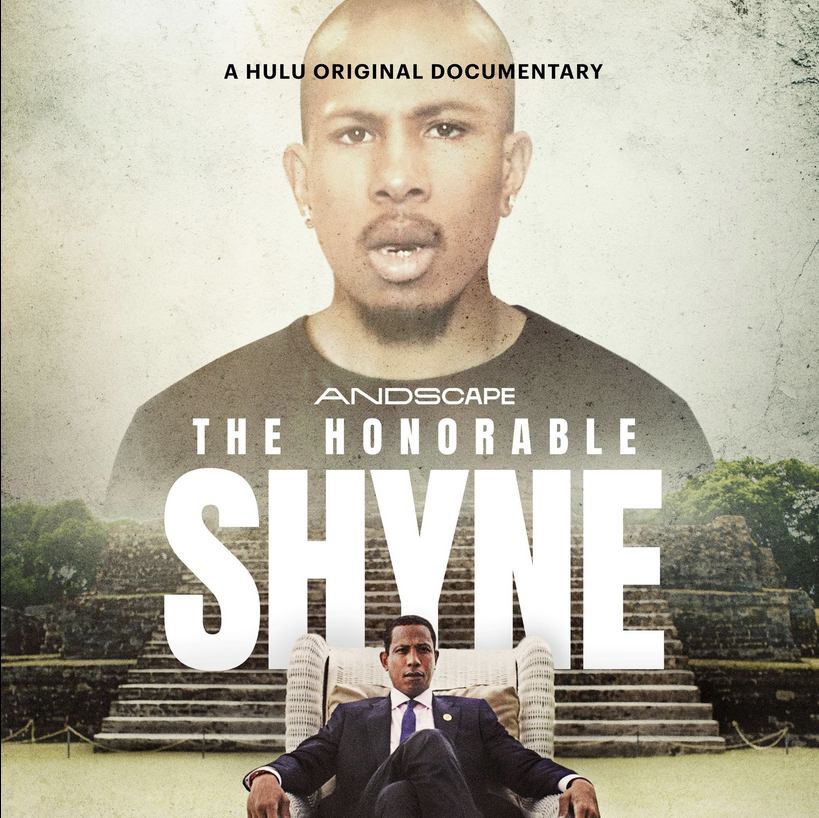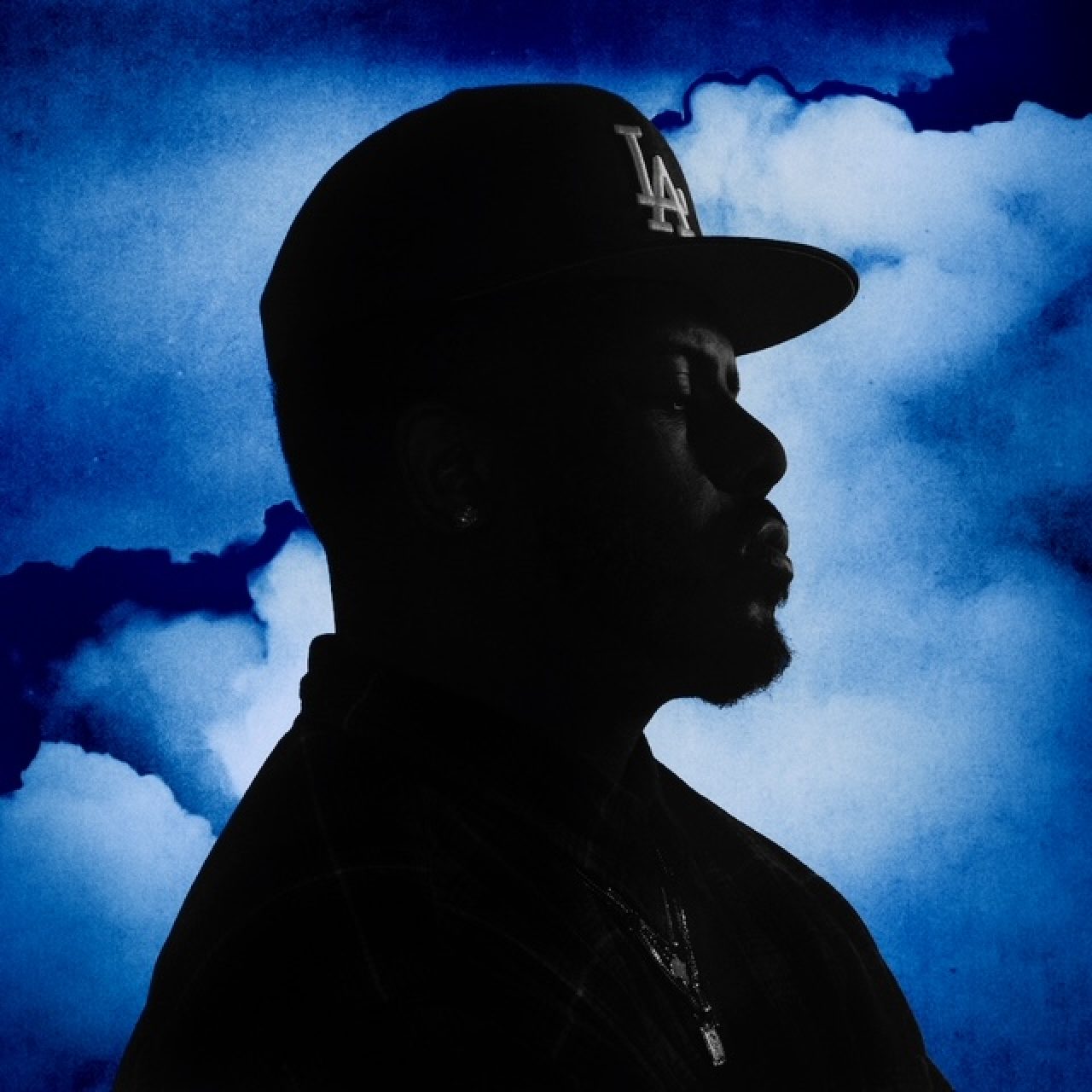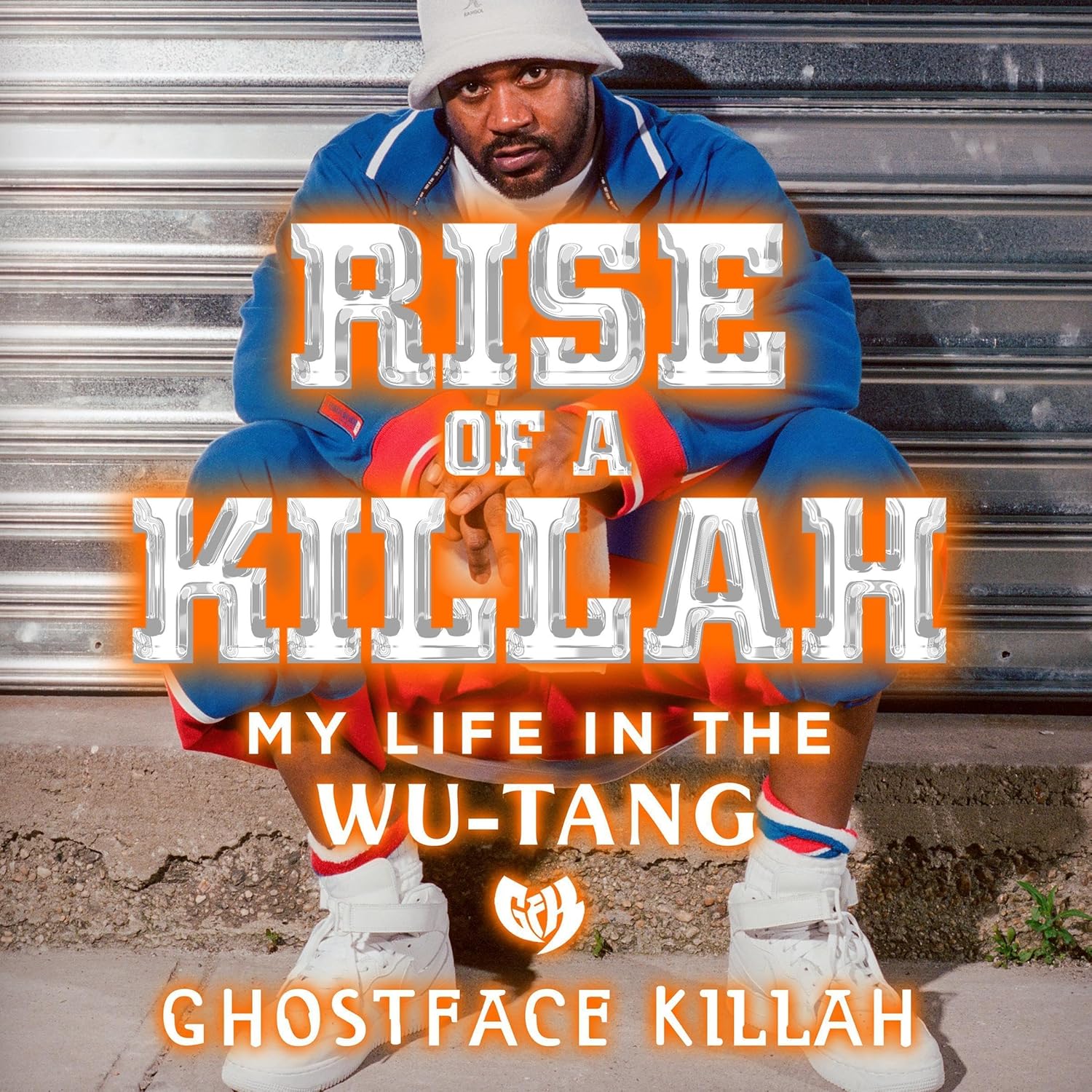Love (the) Ominous World is Blu’s third album in 2024. In March, he released Out of the Blue with Shafiq Husayn, a sequel to their 2018 album The Blueprint. A pairing with Evidence, Los Angeles, dropped in July. These projects revolve around familiar concerns: fulfilling his hip-hop ambitions, honoring without falling prey to neighborhood (gang) customs, and trying to find spiritual sustenance. “I be rewriting my records like I’m trying to perfect this,” he raps on “Chucks.” It’s the nature of musicianship. Eventually, an artist defines his territory. To his credit, Blu has put out some very good work after completing a pioneering run of lo-fi rap projects (Her Favorite Colo(u)r and Jesus), reuniting with producer Exile for 2012’s Give Me My Flowers While I Can Still Smell Them, and embarking on what could be described as a post-Below the Heavens career of easygoing, melodically bright, lyrically engaging backpack rap. Bad Neighbor, his 2015 venture with MED and Madlib, remains a fan favorite. As for Ominous World? It suffers from too many guest spots. Georgia Anne Muldrow dominates “Hello L.A.” and Kurupt takes command of “Chucks” with a fiery cameo. The unfortunately titled “Suge Knight” finds Blu taking a label meeting with the notorious boss during Death Row’s ill-fated “new and untouchable” era in the mid-Aughts. “A Song Called Precipitation” reprises Below the Heavens gem “Dancing in the Rain,” albeit with an environmental twist. On “Smack,” he shares the mic with another blog era star, Fashawn. They’re both onetime prospects who crafted solid indie careers for themselves yet arguably deserved much more. Exile released Love (the) Ominous World on his Dirty Science imprint.

The Honorable Shyne
The Honorable Shyne may not exactly convince us of Shyne’s musical importance, but it unfurls his improbable story with aplomb.

